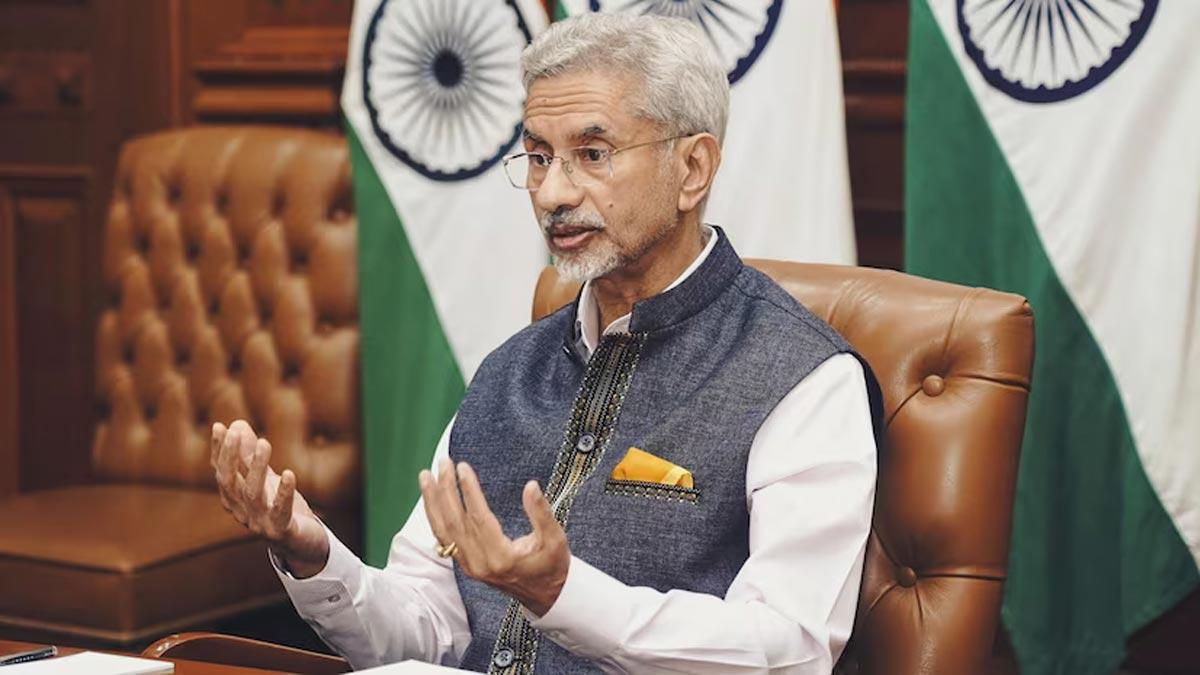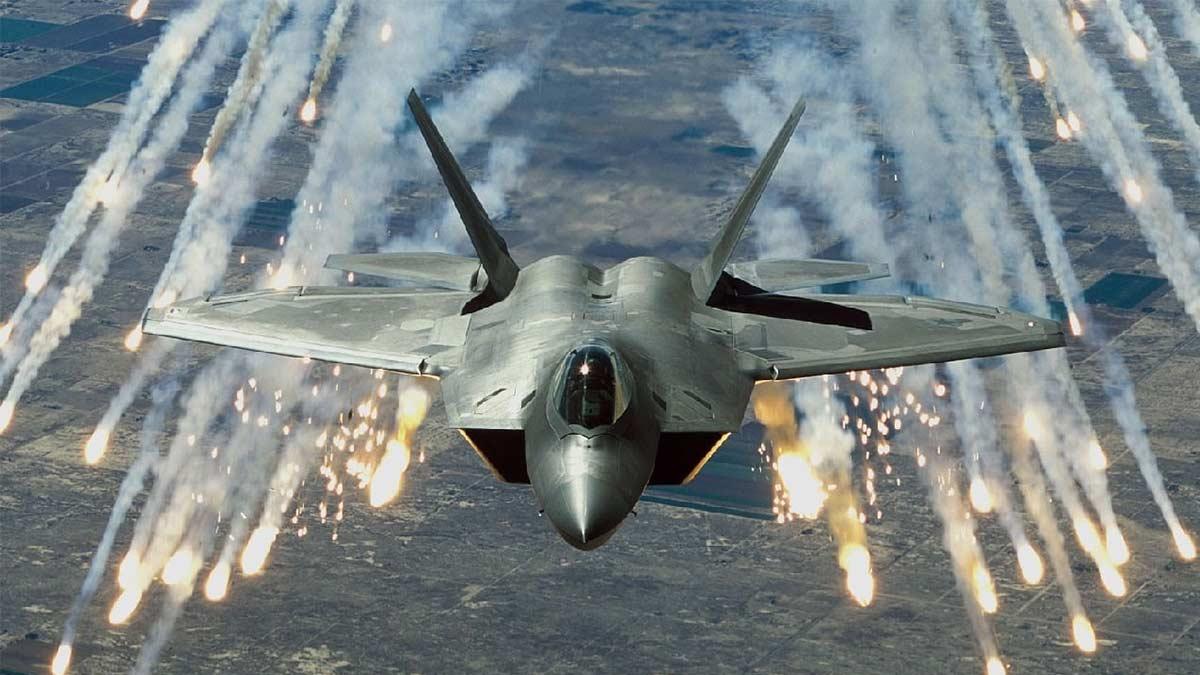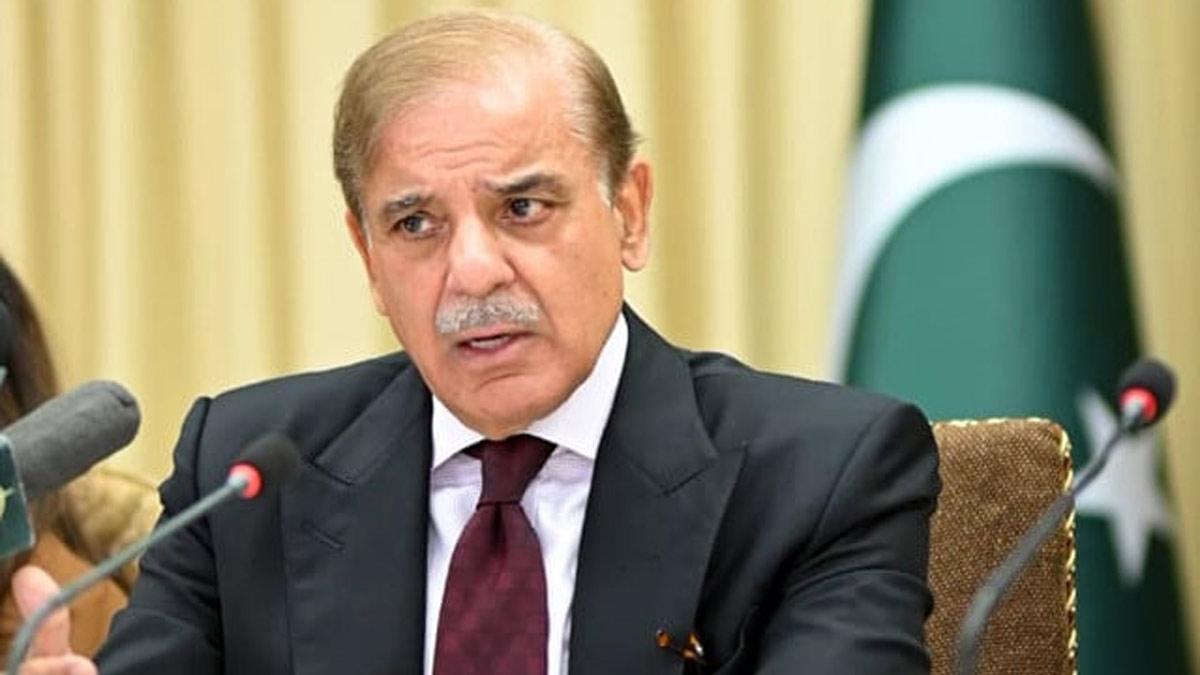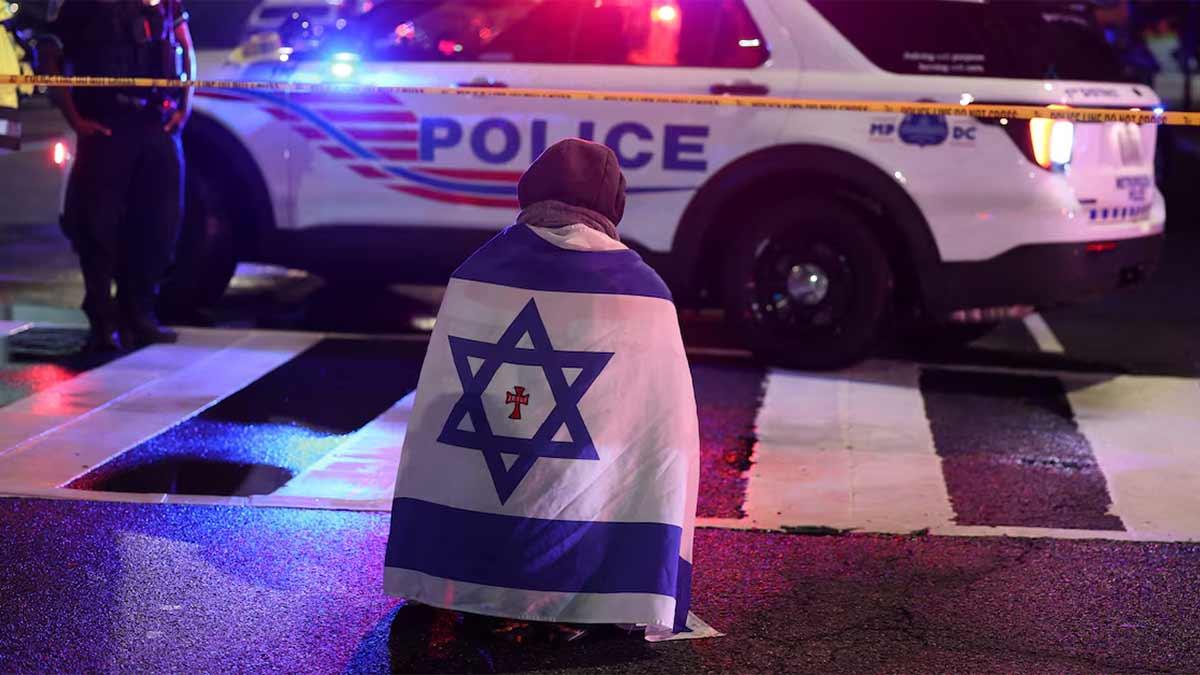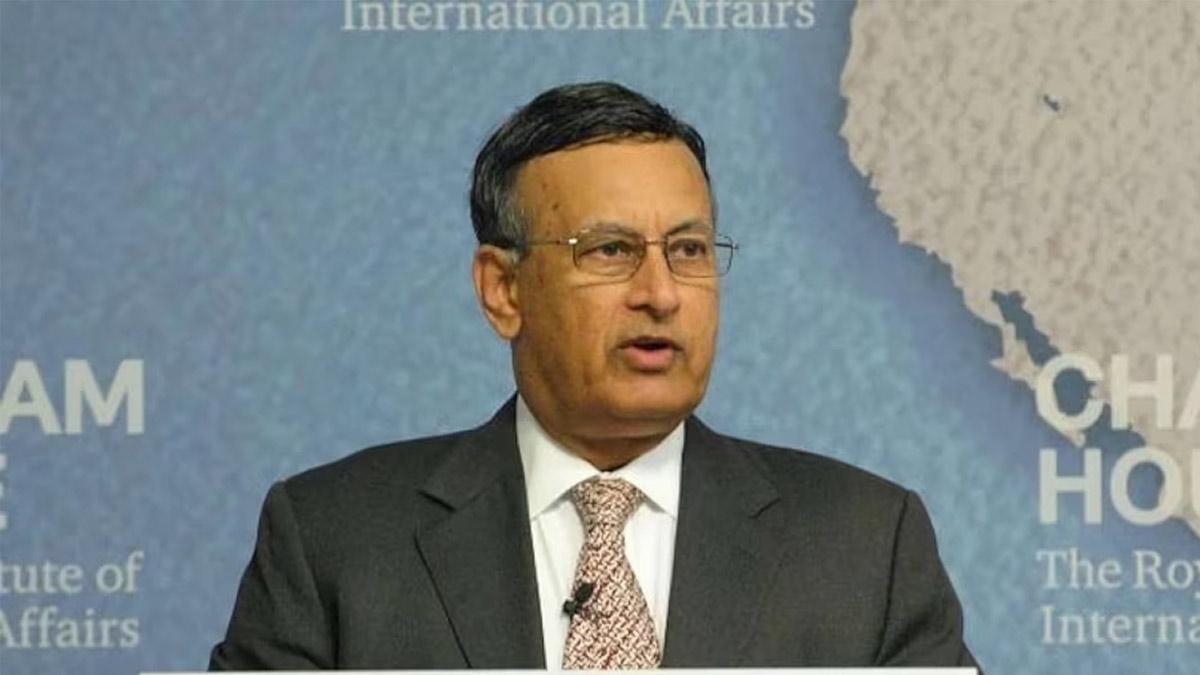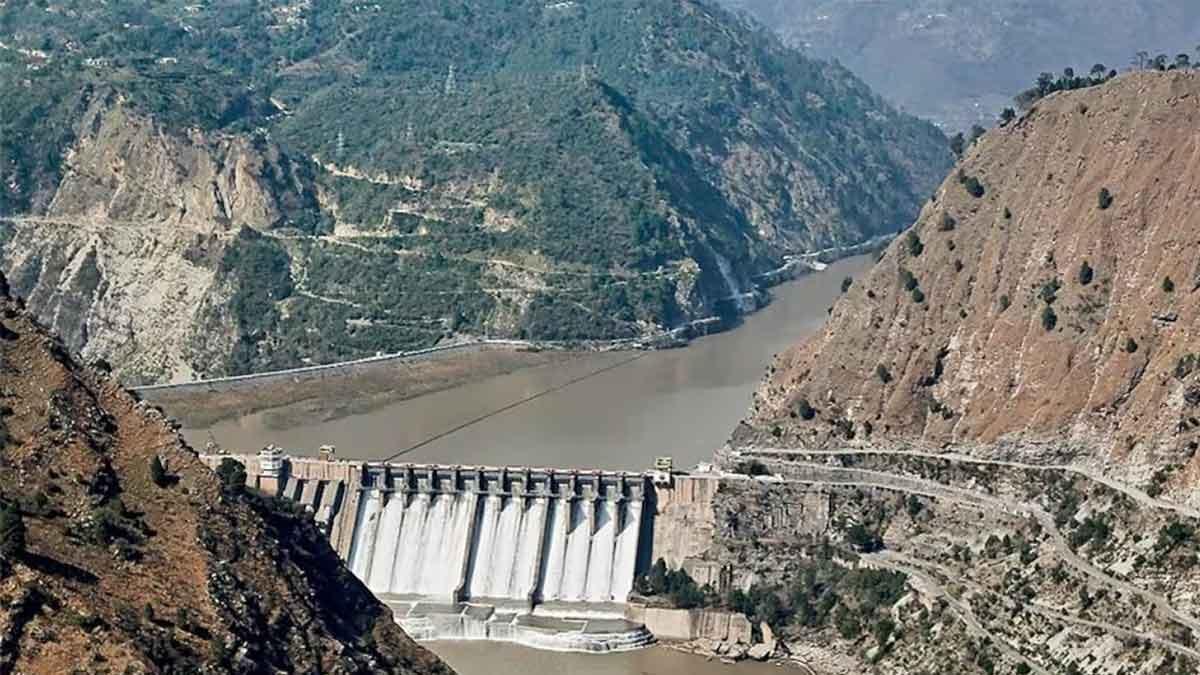India's External Affairs Minister S. Jaishankar has rubbished allegations made by former U.S. President Donald Trump that he played a role in brokering peace between India and Pakistan.
Jaishankar explained that the latest ceasefire agreement was the result of direct talks between New Delhi and Islamabad without the intervention of any outside hand.
At a media engagement in the Netherlands, Jaishankar unequivocally declared, "This is something that only India and Pakistan need to settle directly," clearly indicating that the solution was strictly bilateral.
Reiterating India's uniform approach on the matter, the minister stated that although India is willing to hold talks with its western neighbour, the terms for the same need to be genuine and in the direction of wiping out terrorism. "We are always prepared to negotiate, but the negotiations have to be serious and should be about ending terrorism," he further added.
These comments followed Trump's previous claim that his government had been involved in facilitating peace in what he termed was a longstanding conflict between the two nuclear powers.
India has traditionally asserted that issues concerning Kashmir and larger India-Pakistan relations are internal or bilateral matters, and not requiring third-party intervention.
Jaishankar also discussed during the interview the origins of the conflict historically, dating back to what happened in 1947. He emphasized that Pakistan had started the aggressions by inserting combatants masquerading as tribal warriors in Kashmir, who were subsequently found to be Pakistani soldiers—some in uniform and others not.
Pakistan has pursued an ideology of extremism over many years and resorted to terrorism across the border to exert pressure on India," Jaishankar stated, highlighting the nation's apprehension about militancy across the border.
Ties between India and Pakistan deteriorated once again following a brutal terror attack on April 22 in Pahalgam, which killed 26 people, including a Nepalese citizen. India retaliated on its part by conducting 'Operation Sindoor,' a precision military operation to knock out vital terrorist infrastructure in Pakistan and Pakistan-occupied Kashmir.
Sources close to the operation said that over 100 militants, associated with outfits like Jaish-e-Mohammed, Lashkar-e-Taiba, and Hizbul Mujahideen, were eliminated in the attack.
Read also| Muhammad Yunus Threatens to Resign Amid Mounting Political Turmoil in Bangladesh

